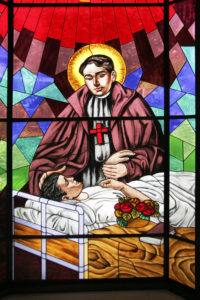 The intent of these notes is to sketch a ‘bottom-up’ picture of the figure of Saint Camillus de Lellis, a discourse that describes his spiritual experience and holiness not ‘apart from’ or ‘despite’ certain characteristics of his personality, but precisely ‘from them’, and to grasp ‘in them’ the unravelling of the action of grace.
The intent of these notes is to sketch a ‘bottom-up’ picture of the figure of Saint Camillus de Lellis, a discourse that describes his spiritual experience and holiness not ‘apart from’ or ‘despite’ certain characteristics of his personality, but precisely ‘from them’, and to grasp ‘in them’ the unravelling of the action of grace.
In fact, there are people who claim to do a service to grace by silencing the discourse on man, forgetting that “God chose what is foolish in the world… what is weak in the world… what is ignoble and despised in the world and what is nothing…”. (Cor 1:27-28). This is something of which Camillus himself seemed aware when he wrote: “This foundation is an evident miracle of God: in particular that it has made use of me, a great sinner, ignorant, full of so many defects and shortcomings, worthy of a thousand hells…. No one should be surprised that God has worked with such an instrument, since it is his greater glory to do admirable things using a nothingness like me… ”
A prior discussion would probably be necessary on the relationship between the action of supernatural grace and individual and social natural structures. What is the relationship between the life of grace and the personality of the individual? How does grace fit into natural structures? What of nature is changed and what appears again? How does the transformation of man happen through grace? Just a few hints to show the complexity of a problem that we can certainly not address here.
Spiritual theology has indicated a methodological principle in this regard that will serve as a background for our reflections: Gratia supponit naturam eamque perficit. In man there are more or less lasting natural structures that constitute the possibility of the spiritual life. In other words, man’s capacity to go beyond himself in order to realize himself in union with God is subject to the ‘law of the incarnation’ which is essentially a ‘law of mediation’; for this reason, one cannot ascend to God directly, but only through created things, history and ultimately man himself. On the basis of this law, it is deduced that the life of grace in itself does not interrupt the natural course, but respects the laws of physical and psychological development, as well as sociological structures. When God infuses grace, the profound tendencies of man never change radically: in a certain sense, as man is, so is the spiritual person. From this point of view, common sense hides a certain truth: if there is no man, it is difficult that there be a saint or a spiritual man.
If it is true that the natural structures remain, it is precisely the movement of grace that perfects them. From a psychological point of view, it adds new motivations and energies, changes the 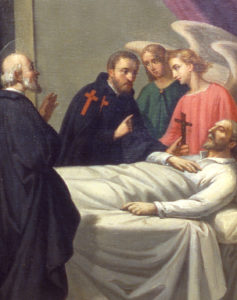 horizon of reference, offers new criteria for evaluation and self-definition. It is not so much a question of ‘more’ within the same schema, but of a radical novelty: it is the experience “that the meaning of man is not exhausted by the meaning and fortune of this world “. “It consists in being taken up by what touches us absolutely. It is to fall in love in an ultra-worldly way”, and consequently “it is to surrender oneself totally and forever without conditions, restrictions or reservations “.
horizon of reference, offers new criteria for evaluation and self-definition. It is not so much a question of ‘more’ within the same schema, but of a radical novelty: it is the experience “that the meaning of man is not exhausted by the meaning and fortune of this world “. “It consists in being taken up by what touches us absolutely. It is to fall in love in an ultra-worldly way”, and consequently “it is to surrender oneself totally and forever without conditions, restrictions or reservations “.
A first effect of grace is therefore the urge to elevate natural life. Grace introduces life to the higher level of realization proper to theological life, which surpasses the possibilities inscribed in the natural capacities. An event that is neither taken for granted nor painless, the resistance considered opposed to the action of grace by the division inherent in nature (GS 13) and in the freedom of man (GS 17). It is precisely this existential condition of the fallen and redeemed man that poses the problem of discernment, that is, the task of identifying, at appropriate levels, the specific meanings of the multiple configurations of a conditioning of the theological life by natural structures, which appears inevitable.
Since I have to deal with the personality of a saint, I believe it is necessary to have recourse to diversified interpretative criteria and to an interdisciplinary approach. Differentiating the criteria of interpretation seems in fact the best way to respect the complexity of the mystery of man, when he encounters what Camillus called “the abyss of God’s mercy”.
Here we can only proceed through brief hints and examples. We would like to reflect on some aspects of the personality of Camillus, perhaps marginal, rarely highlighted in the writings of Camillian spirituality, and nonetheless of some use in grasping some important characteristics of the encounter between man and his God.
I would first like to dwell on the scrupulousness of Camillus, a character trait that he seems to have opposed mostly, an action of resistance to the movement of grace. I will then examine Camillus’ propensity for risk, an area in which clearly appears the continuity and subsequent transformation, brought about by the grace, of a pre-existing natural inclination. Some observations on the conversion of Camillus will finally offer us some concluding considerations.



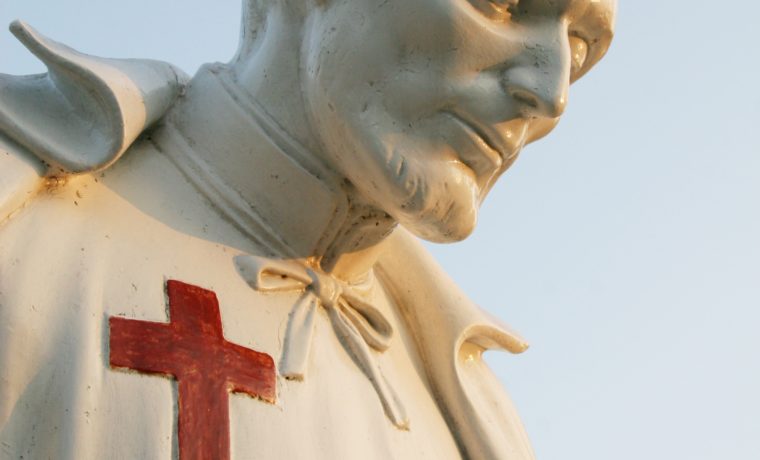
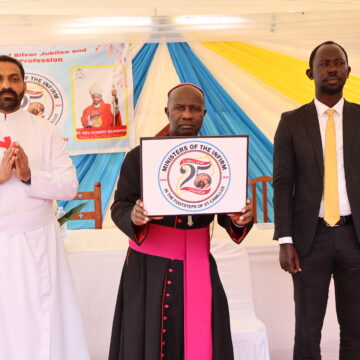

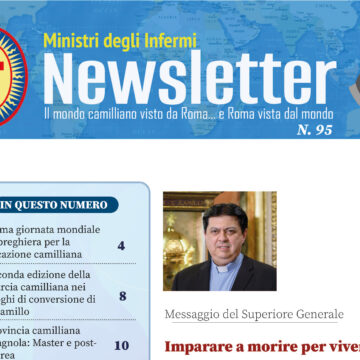
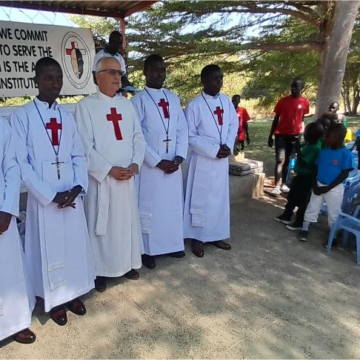
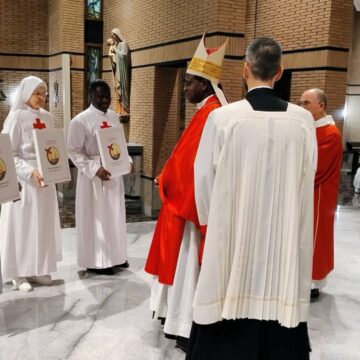

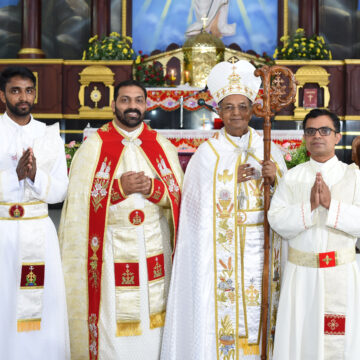

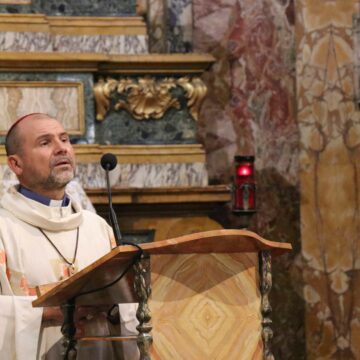
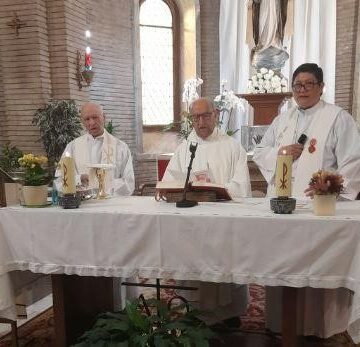

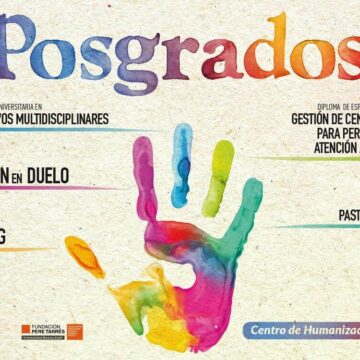
Camillians on Facebook
Camillians on Twitter
Camillians on Instagram